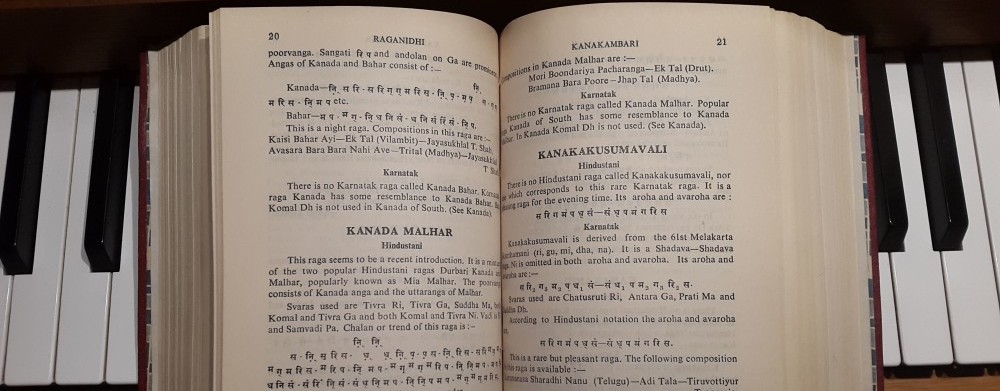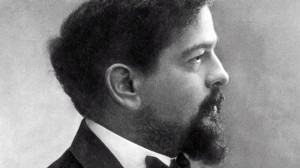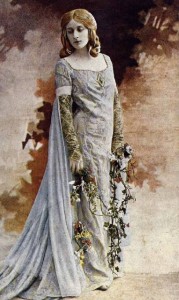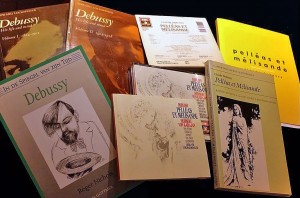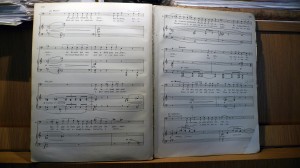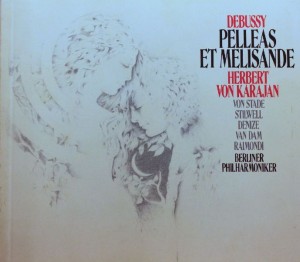In my experience they are few, films that get deep into your system and always stay with you, but I think I just watched another one over the weekend: ‘Melancholia’ by Lars von Trier.*
Trailer of Melancholia
From start to finish I immensely enjoyed this deeply romantic film. A film all about longing. I couldn’t think of a better choice than Wagner’s (Tristan Vorspiel) music for this film.
Prologue, the opening minutes of Melancholia
I think it’s quite obvious to label this film as ‘deeply romantic’ and about ‘longing’, but to my surprise the vast majority of web-reviews and web-articles on the film fail to mention these two all-pervading elements and instead merely stress the course of main character Justine’s depression, which is indeed a predominant element that moves forward the film’s story. However, there can be no doubt about Von Trier’s deliberate choice for Wagner’s music throughout Melancholia to evoke a constant sense of longing.
The film focuses in particular on how two sisters, Justine and Claire, experience the oncoming and eventually unavoidable destroyal of humankind, caused by a collision of the planet Melancholia with Mother Earth. Thanks to a fascinating story, Wagner’s overpowering music, an excellent cast, a wonderful cinematography and last but not least many memorable scenes of great beauty – in which Von Trier has interwoven allusions as well as direct references to great works of art – , Melancholia satisfies on all levels.

Bruegel’s Hunters in the snow, appearing twice in Melancholia
The film carries elements of philosophy and psychology and its value and strength – as I see it – lies neither in credibility nor coherence of its story, but in how a chain of human experiences comes across, giving us a meaningful peek into the human psyche under stressful circumstances. Under those conditions it’s no surprise that in several scenes the film also refers to altered states of consciousness and to the visionary.
Philosopher Slavoj Zizek’s ethical verdict on Melancholia: awareness of our finality should offer us optimism instead of pessimism
Von Trier’s Melancholia ponders mankind’s finality and its place, value and purpose, both on earth and in the universe. This can be experienced in particular during meditative segments where dialogue is absent and the imagery and Wagner’s music take over to put us in an unmistakable mood of – to put it in Wagner’s own words about his Tristan und Isolde – “an endless yearning, longing, the bliss and wretchedness of love; world, power, fame, honor, chivalry, loyalty and friendship all blown away like an insubstantial dream,” for which there is “one sole redemption – death, finality, a sleep without awakening.”
* For an interesting interview about Melancholia with director Lars von Trier (but not before you’ve seen the film), check this link.
